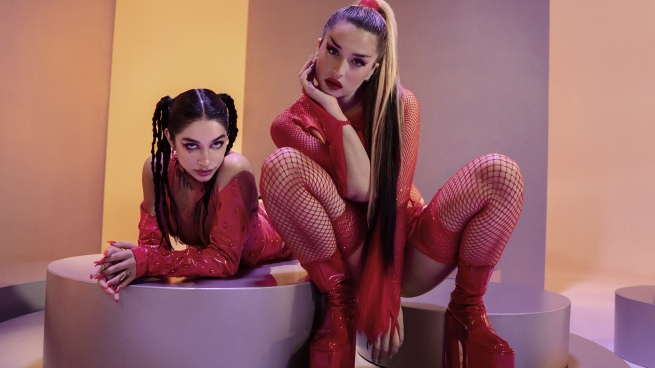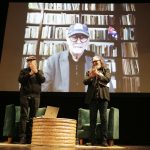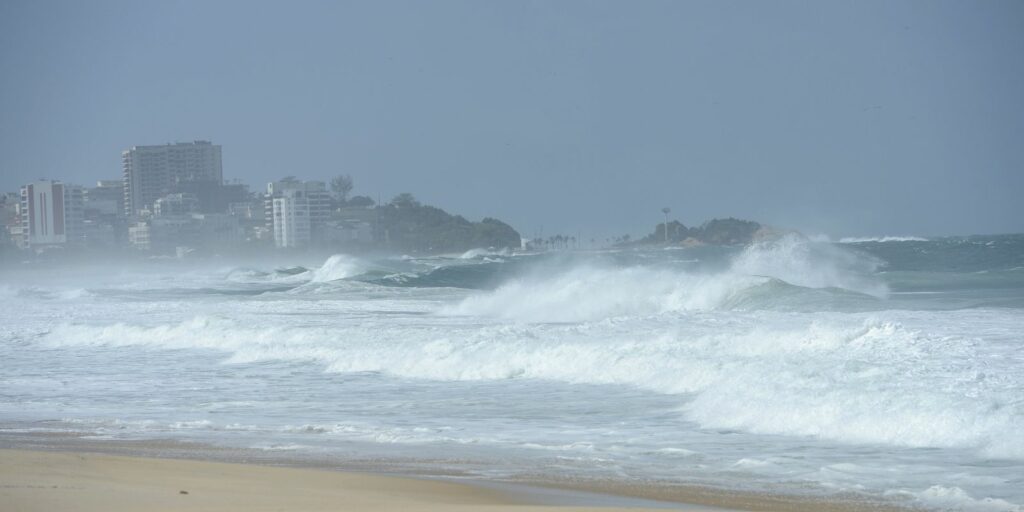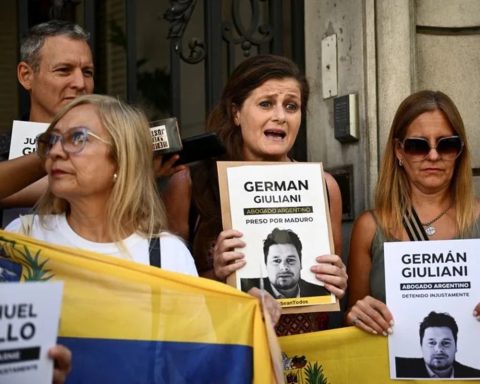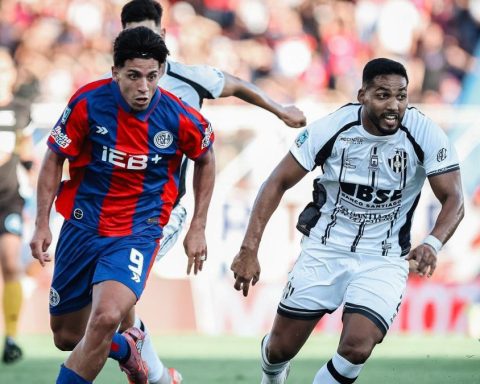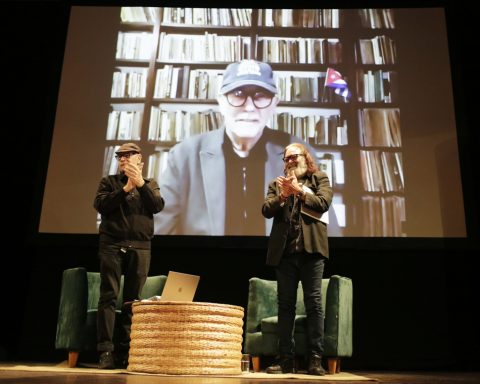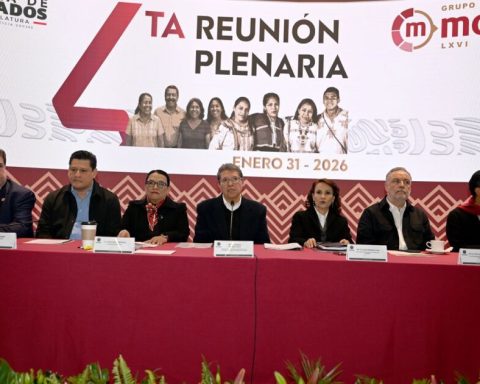The Spanish Lola Índigo and the Argentine María Becerra share the launch of “Discoteka”, a second collaboration between two artists and friends who deepen the feminine seal in the urban scenesomething that for the European raises an alert because “there is a lot of talk about sisterhood but in truth they segregate us”.
“There is a lot of talk about sorority but I don’t want a women’s playlist because that is segregating. I want them to put us in the same spotlight and with the same opportunities so that women and diversities are on the list of successes and not separated, ”Indigo posits during an interview with Télam.
In a communication between Madrid and Buenos Aires, the local Becerra risks that “In Argentina I feel that this situation is much more advanced because we are many women in the genre.”
And immediately she proposes that “the key to disarming this discrimination that is also seen in the awards, is to collaborate among us, promote it and make it visible.”
“The key is to get together and say the things we think”insists the Madrilenian born on April 1, 1992 under the name of Miriam Doblas Muñoz.
And judging by the impact of “Discoteka”, the duo took a new step in that goal of attracting attention and showing the female power from that catchy reggaeton.
The recent collaboration between the two comes to extend a bond that He had his first expression with “High Remix”, an event by Becerra from 2020 that also added the participation of Tini Stoessel.
María, a native of the Buenos Aires city of Quilmes where she was born on February 12, 2000, was a youtuber but in the composition and interpretation of urban music she found a space from where she promoted a walk that exploded from the hand of the album “Animal” (2021) and another thirty songs.
In this profuse and blockbuster activity, last Wednesday he released the new single “Automatico”, another reggaeton that continues to anticipate the release of what will be his second album and last night he shared with the Cuban-American Camila Cabello a version of “Hasta lastoothes” in the emblematic scene of the Rock in Rio festival.
Télam: How was this meeting born to give life to “Discoteka”?
Lola Índigo: It all happened when I went to Buenos Aires for the first time and I met María in person after having done that song that was “High Remix” and we got into a studio together for the first time. I had a lot of jet lag but luckily I went because this came out and it was incredible.
Maria Becerra: Yes!! one came out. From the first moment we have had a very good relationship but everything at a distance. And when we got together in the studio everything flowed amazingly.
T: Beyond the industrial movement of collaborations, what leads you to work together and what do you find in each other?
LÍ: I’m always saying good things about María because in addition to being my friend I’m a super fan of hers ever since I heard “Tell me how I’m doing” (from her 2019 ep “222”) and I think I admire her a lot because she’s super authentic. . She writes, she rehearses, she is very hardworking and puts on her shows. And I feel that a lot is expected of us because we like what we do, because our references and our goals are ambitious like Beyonce and Lady Gaga.
MB: I love Lola because she is a hard worker, very down to earth and also the communication she has because sometimes there is a lot of ego with wanting to be the boss and, for example, the team is not treated well. I feel that, instead, Lola is too smart and she is very clear about what she wants to represent with everything she does. She definitely seems like a great person to me.

T: The two are a reference to the Hispanic-American urban music scene. Do you feel that you want to stay in those genres or is the idea to keep moving?
LÍ: I say I do pop and that’s how I get everything I want at the time I want it. I’ve released an electronic song, now “Discoteka” which is reggaeton and the next one will be half afro. I make music and that’s it and the artist’s personality is what you have to put in the song.
MB: There will always be something urban, something reggaeton, something dembow and dancehall because they are styles that I really enjoy, but I feel like I’m “transitioning”. I love bachata, ballads and it’s something that I didn’t imagine doing on the previous album and now I do. I also feel that an artist is identified by the way she sings and it doesn’t even matter what genre she does anymore and you have to try that way you also grow.
T: Lola, in days “La Niña Tour” will end, the tour that began in June 2021, last March you were at Lollapalooza Argentina and you have three of your 30 new dates left in Spain, how is the balance of these months of stage?
LÍ: Without a doubt, it was an experience and a concept and it will be a bit sad to say goodbye to that, but it ends on September 25. Anyway we are planning to play dates in Argentina and really working on it.
T: In your case María, what else is added to the continuity of the “Animal Tour”?
MB: The “Animal Tour” will be in Spain in September and there are several more dates left that will make it last until January of next year.
